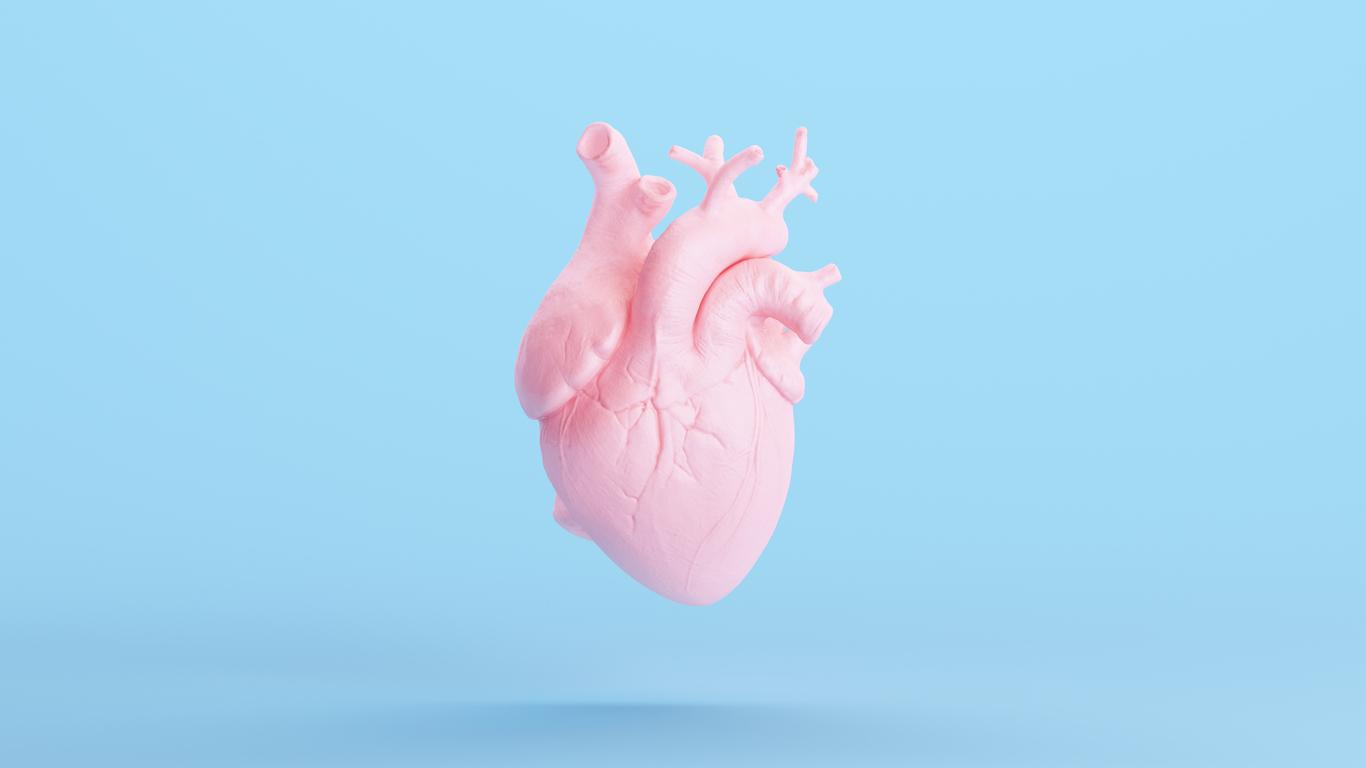
The new coronavirus can cause severe acute respiratory infection, but also heart damage. The latter were the subject of an American study, the results of which were published in JAMA Cardiology.
Heart abnormalities in student athletes
The study conducted by American cardiologists highlights a potentially dangerous impact, at the level of the cardiovascular system, in young students, who presented an asymptomatic or mild form of Covid-19. For this research, cardiac imaging exams were performed on 54 student-athletes, with an average age of 19, at the University of West Virginia. These young people tested positive three to five weeks ago. Scientists noticed inflammation of the heart and excess fluid in the pericardium (the membrane that surrounds the heart), but no ” continued damage to the heart muscle “. The Sars-Cov-2 virus could be responsible for triggering inflammatory responses in the heart, as the body fights against the pathogen. For 48 young athletes who passed both exams, “ abnormal results were identified in 27 people ”, Or 56.33%. The researchers wanted to know if the virus could enter the heart muscle. Their study did not reach this conclusion, but it still revealed the appearance of signs of inflammation of the pericardium (pericarditis).
Precautions for these students
In fact, 40% of the student-athletes screened presented with pericarditis, while 58% of them had pericarditis effusion. This build-up of fluid in the heart muscle is usually mild and can heal within a few weeks, without causing long-term consequences. However, in some cases, it can cause recurrent inflamed pericarditis. Researchers insist on quarantine as soon as a student tests positive for Covid-19. They recommend determining on a case-by-case basis whether cardiac examinations are useful. Regarding athletes showing signs of myocarditis, the team recommends that young people avoid competing in sports or intense training, for a period of three to six months. She also advises to consult a cardiologist in order to undergo examinations and to be followed within the framework of a gradual return to sport. On the other hand, scientists advise against sport for athletes suffering from pericarditis. As physical activity can exacerbate inflammation, it is better, according to them, to wait for its complete disappearance, proven by conclusive cardiac examinations, before resuming training.















